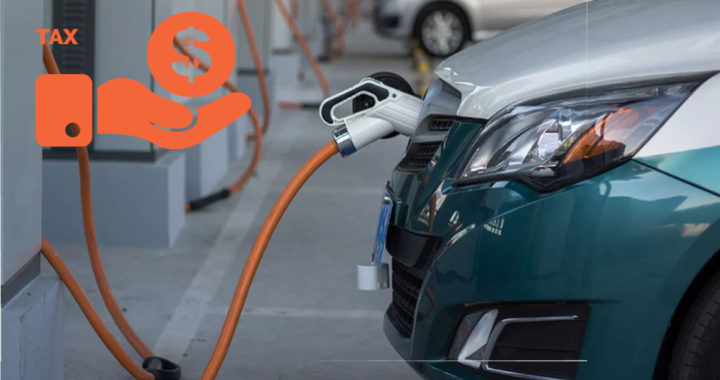Electric Vehicles: Tax Credits and Other Incentives for all 50 states
The federal government and a number of states offer financial incentives, including tax credits, for lowering the up-front costs of plug-in electric vehicles (also known as electric cars or EVs).
The federal Internal Revenue Service (IRS) tax credit is for $2,500 to $7,500 per new EV purchased for use in the U.S. The size of the tax credit depends on the size of the vehicle and its battery capacity. To find out specific tax credit amounts for individual vehicles, visit FuelEconomy.gov’s Tax Credits for Electric Vehicles and Tax Credits for Plug-in Hybrids pages.
This tax credit will be available until 200,000 qualified EVs have been sold in the United States by each manufacturer, at which point the credit begins to phase out for that manufacturer. Currently, no manufacturers have been phased out yet.
To claim the credit, fill out IRS Form 8936, Qualified Plug-in Electric Drive Motor Vehicle Credit. For vehicles acquired for personal use, report the credit from Form 8936 on the appropriate line of your Form 1040, U.S. Individual Income Tax Return. For vehicles purchased in 2010 or later, this credit can be used toward the alternative minimum tax (AMT). To learn more about the law, visit the IRS’s Plug-in Electric Drive Vehicle Credit webpage.
Depending on where you live, you may also be eligible for EV incentives from your state, city, or utility. Monetary and non-monetary incentives may include additional tax credits, vehicle or infrastructure rebates or vouchers, vehicle registration fee reductions, loans, special low-cost charging rates, and high-occupancy vehicle lane exemptions.
A few states also have fees specific to EVs. To find incentives and laws relevant to consumers, search the database above for your state. To search all laws and regulations relevant to EVs, including businesses, visit the Alternative Fuels Data Center’s Laws and Incentives database.
Choose your State and get more info!
Did You Know:
→ A hybrid vehicle uses two or more distinct types of power, such as an internal combustion engine to drive an electric generator that powers an electric motor, e.g. in diesel-electric trains using diesel engines to drive an electric generator that powers an electric motor, and submarines that use diesel when surfaced and batteries when submerged.
Other means to store energy include pressurized fluid in hydraulic hybrids. The basic principle with hybrid vehicles is that the different motors work better at different speeds; the electric motor is more efficient at producing torque, or turning power, and the combustion engine is better for maintaining high speed (better than the typical electric motor).
Switching from one to the other at the proper time while speeding up yields a win-win in terms of energy efficiency, as such that translates into greater fuel efficiency, for example.
More Auto News Keywords: | General Motors | AI autonomous | Auto Loans | Toyota | TRD | 86 | Corolla | Toyota | Car Sales | Prius | Gazoo Racing | Tesla | Website Design | luxury vehicle | Maserati | Alfa Romeo |

